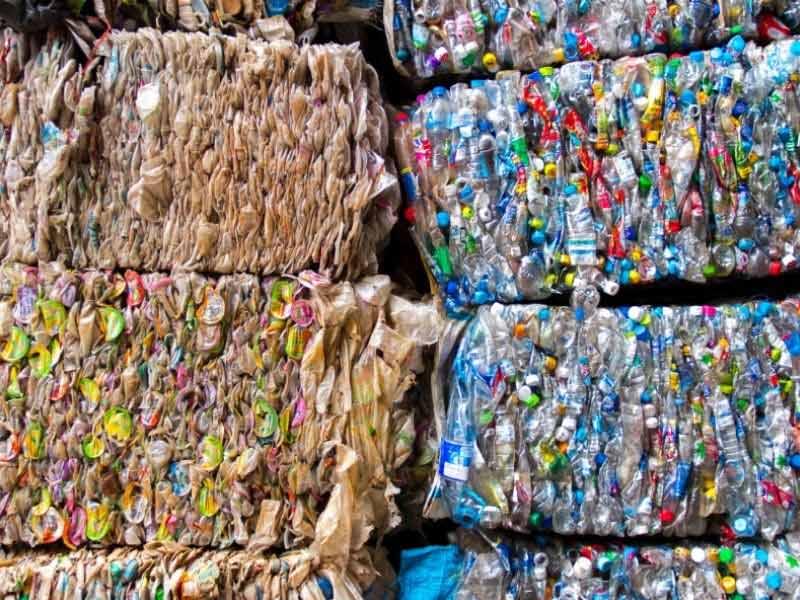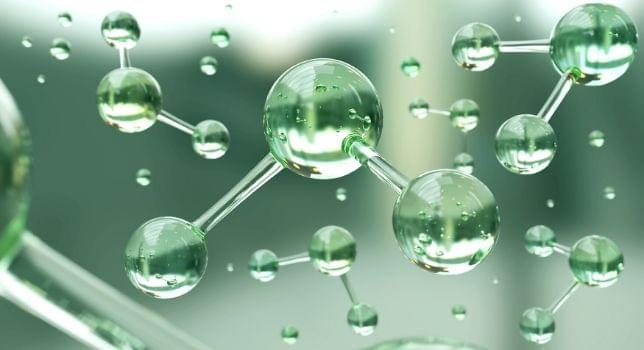Why we need your personal data?
By providing your personal information e.g. name, postal/email address, telephone number enables Smithers to provide you with tailored information on our services. These might include purchased products such as market reports and conference places, testing or consulting services as well as digital resources such as whitepapers, webinar and brochures. Smithers is committed to ensuring the information we collect and use is appropriate for this purpose, and will process (collect, store and use) the information you provide in a manner compatible with the governing data protection laws. Smithers will endeavor to keep your information accurate and up-to-date, retaining it only for as long as required.
How will we use your data?
We will normally collect personal information from you only where we have your consent to do so, where we need the personal information to perform a contract with you, provide content or a service you have requested, or where the processing is in our legitimate interests to promote the testing, consulting, information, and compliance services and/or products offered by Smithers.
Will Smithers share my data?
A Smithers member company may on occasion transfer your personal information to another Smithers member company, in some cases outside the European Economic Area. Smithers member companies are obligated by agreement amongst themselves to protect such information and comply with applicable privacy laws. Smithers will not pass on your information gained through an engagement without your consent.
How will Smithers protect my data and keep it secure?
Smithers follow strict procedures to ensure your personal and financial information remain secure. To prevent unauthorised access or disclosure of your information, we have put in place stringent security and best practice processes to ensure your information is protected online.
How long will Smithers keep my data for?
Smithers will retain personal information collected from you where we have an ongoing legitimate business need to do so. Smithers will only retain your personal information for as long as necessary to fulfil the purposes for which we collected it and in accordance with the time periods found in our Data Retention Policy.
Your Legal Data Protection Rights
At any point while we are in possession of or processing your personal data you can exercise all of the rights available to you under the governing data protection law. You can view these rights in full on our Privacy Notice.
Through agreeing to this privacy notice you are consenting to Smithers processing your personal data for the purposes outlined. You can withdraw consent at any time, or raise a question or concern by emailing us at privacy@smithers.com.
FULL SMITHERS PRIVACY NOTICE



